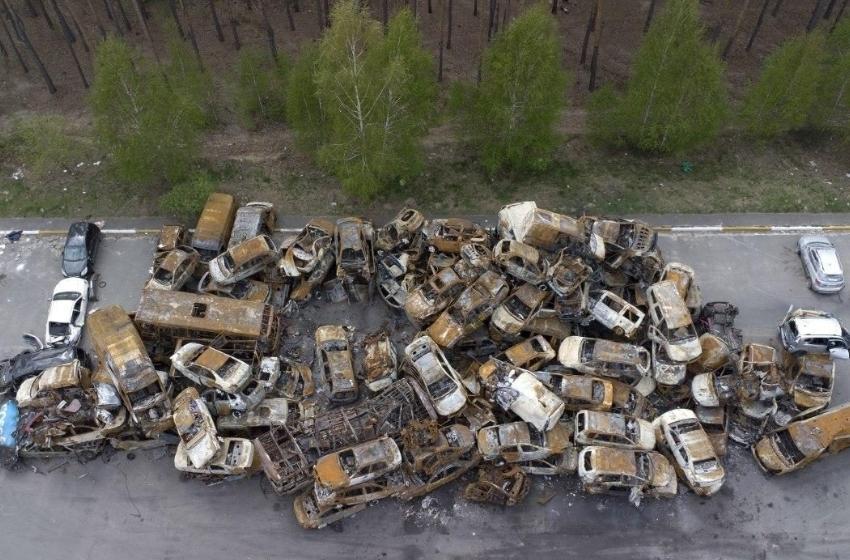The direct and indirect losses of Ukrainian farmers due to the war have exceeded $40 billion US dollars. This was reported by the Chairman of the Committee of the Verkhovna Rada of Ukraine on Agrarian and Land Policy, Oleksandr Haidu, during a roundtable discussion titled "18 months of war. Losses in the agricultural sector and prospects for recovery," as reported by Ukrinform.
According to the parliamentarian, confirmed direct losses in the agricultural sector have exceeded $8.7 billion US dollars. These losses include the destruction of infrastructure, economic facilities, logistical chains, as well as the destruction and looting of crops and agricultural machinery by the enemy.
"And there are also indirect losses, at least $30.5 billion US dollars. And this, unfortunately, is not the final figure. Because when we accurately calculate the damage caused by the enemy's undermining of the Kakhovska HPP, the amount will be much larger," said Haidu.
It is also difficult to estimate the consequences of land contamination with explosive devices, the destruction of the upper layers of soil due to shelling and mine clearance.
"We see that a large territory is mined. Potentially contaminated with explosive devices are 174 thousand square kilometers of Ukrainian land. And this is without taking into account the temporarily occupied regions," the deputy elaborated. In this regard, he announced the preparation of a draft law on "Soil Quality."
Parliamentarians are also discussing the issue of "grain reparations," although specific mechanisms have not yet been decided upon.
"There are many other areas to focus on, including continuing the land reform. It is crucial for everyone to understand how the simplified procedure for buying and selling land works. This way, no one is afraid to operate legally, bringing land relations out of the shadows. Banks should be able to provide loans to the agricultural business, and insurance companies should be able to cover their risks. Currently, Ukraine's territory, free from the enemy (conditionally), is divided into two parts: in areas without combat activities, the agribusiness operates relatively stably, while there are serious problems in the de-occupied and front-line areas," said the Chairman of the parliamentary agrarian committee.
One of the key problems he identified, alongside land demining, is the lack of financing. Banks are unwilling to lend to local businesses, considering it a risky operation, and there are no insurance products to mitigate these risks.
"It is very important for us to attract funds specifically for the needs of farmers in these regions because only in this way can we stimulate local businesses. For the state, this means taxes, jobs, and the much-needed agricultural production," Haidu concluded.
The roundtable discussion included representatives from the parliamentary agrarian committee, the Ministry of Agrarian Policy, local self-government bodies, charitable organizations, delegations from partner states, and over sixty farmers from all corners of the country. The organizers were the All-Ukrainian Agrarian Council and the USAID Agricultural and Rural Development Program.





















